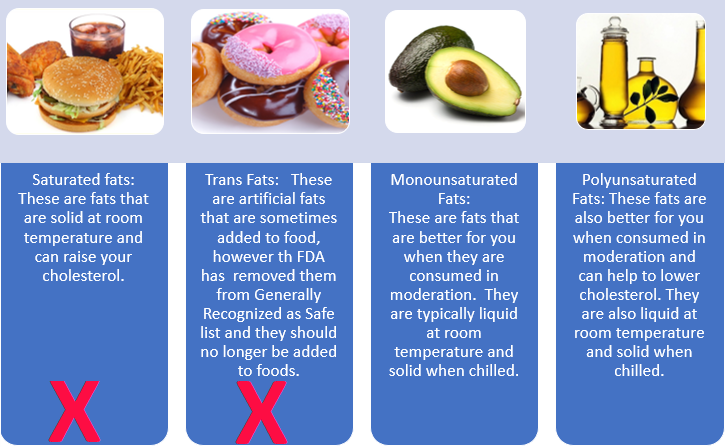Monounsaturated Fats in Moderation are a crucial component of a healthy diet. They remain liquid at room temperature and begin to solidify when chilled. Alongside polyunsaturated fats, they are recognised as beneficial fats primarily found in plant-based sources like nuts, avocados, and various vegetable oils.

The chemical structure of monounsaturated fatty acids (MUFAs) includes one unsaturated double bond in the carbon chain. This unique structure enhances their beneficial properties and sets them apart from saturated fats, which tend to be solid at room temperature and can negatively impact health.
A significant advantage of incorporating monounsaturated fats into your diet is their proven positive effect on heart health. They effectively lower LDL (harmful) cholesterol levels in the bloodstream, significantly reducing the risk of heart disease and stroke. Furthermore, these fats support the development and maintenance of cells throughout the body—essential for overall health.
Research consistently shows that replacing saturated and monounsaturated fats improves health. Benefits include increased fat burning, reduced body fat (particularly in the abdominal area), improved insulin sensitivity, and lower mean arterial blood pressure. Many individuals following a diet rich in monounsaturated fats report feeling more energetic and revitalised.
Monounsaturated fats also play a vital role in diabetes management. Numerous studies indicate that diets high in MUFAs effectively reduce risk factors such as fasting plasma glucose, triglycerides, body weight, and systolic blood pressure, particularly compared to high-carbohydrate diets. Additionally, these diets elevate beneficial high-density lipoprotein (HDL) cholesterol levels.
Monounsaturated fats’ anti-inflammatory properties further enhance their value. The Mediterranean diet, abundant in MUFAs from sources like olive oil, is consistently associated with lower levels of inflammatory markers. This anti-inflammatory effect is crucial for managing conditions such as rheumatoid arthritis.
Although no specific government guidelines dictate monounsaturated fat intake, the American Heart Association strongly recommends that most fats in your diet come from monounsaturated or polyunsaturated sources. Excellent sources of monounsaturated fats include olive oil, canola oil, peanut oil, avocados, nuts, and seeds.
It is imperative to recognise that monounsaturated fats should be consumed in moderation despite their numerous health benefits. Like all fats, they are calorie-dense and provide many calories per gram. Overindulging in fat, even healthy ones, can lead to weight gain. Therefore, adopting a balanced approach to incorporating monounsaturated fats into your diet is crucial to effectively maximising health benefits.
Tomorrow i will tell you why Saturated and Trans Fats are bad and what they are doing to your health.
